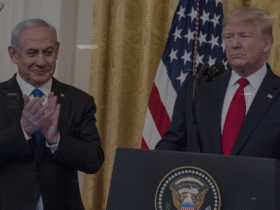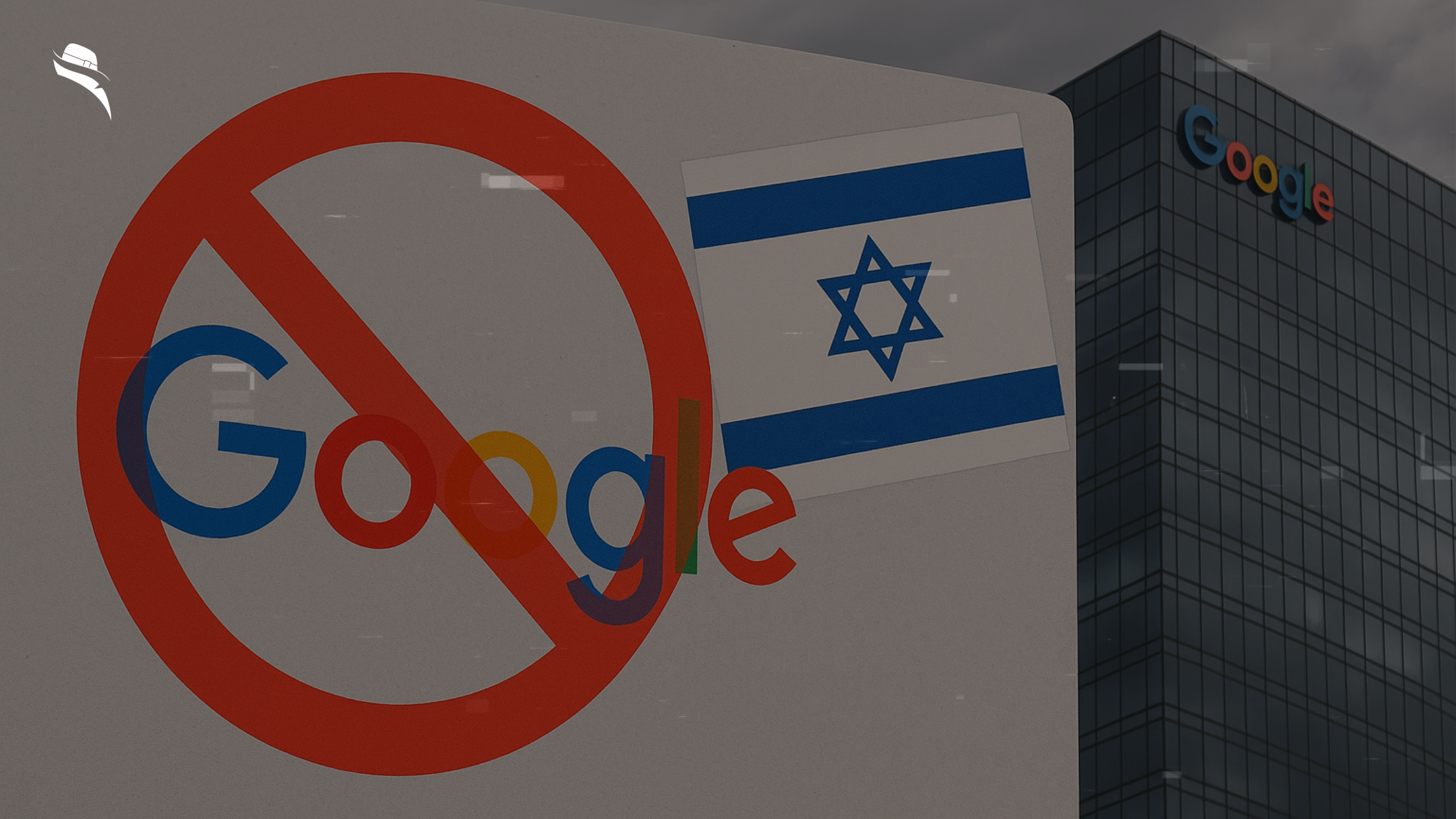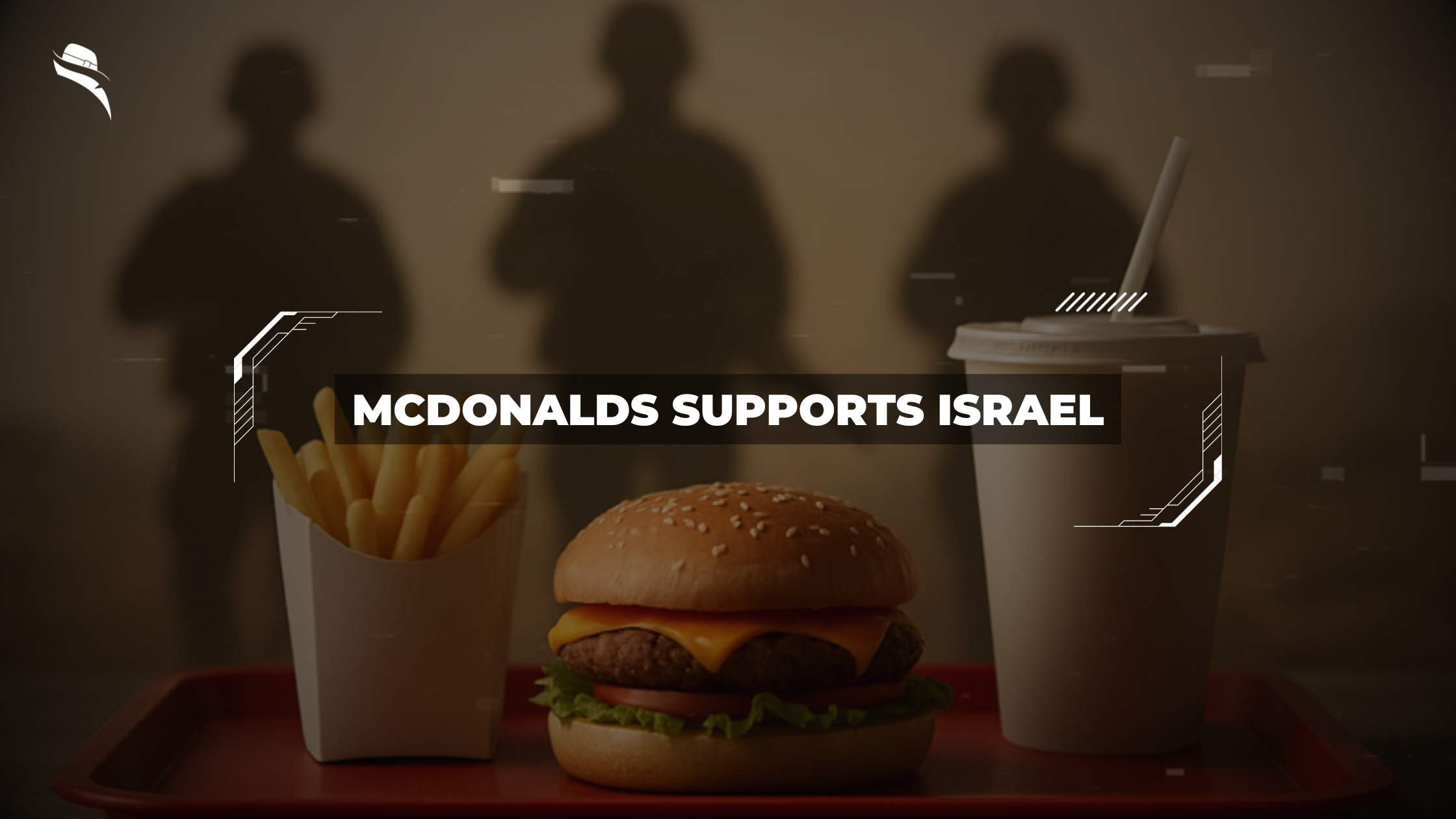Dua Lipa fires David Levy over his perceived support for Israel’s war in Gaza. The Albanian-British singer, 30, severed professional ties with Levy after he signed a letter calling for the removal of pro-Palestinian Irish rap band Kneecap from the Glastonbury Festival scheduled for July.
Through her representatives, Dua Lipa made it unequivocally clear that David Levy would no longer be involved with her music. This decision aligns with the artist’s consistent public stance on the conflict, as she has repeatedly used her platform to condemn the humanitarian crisis in Gaza and call for a ceasefire, including criticizing Israeli strikes on refugee camps. Meanwhile, the music industry has seen growing activism, with more than 400 musicians and labels signing the ‘No Music for Genocide’ initiative, removing their music from Israel in response to the war in Gaza.
Dua Lipa fires David Levy over leaked anti-Kneecap letter
The controversy surrounding Dua Lipa and her former manager erupted after David Levy took concrete steps to prevent pro-Palestinian artists from performing at a major UK festival.
Levy signs letter urging Glastonbury to drop Kneecap
David Levy, a prominent agent at William Morris Endeavor (WME), emerged as the primary organizer behind efforts to remove Irish rap trio Kneecap from the Glastonbury lineup. Levy was the first signatory on a “private and confidential” letter sent to festival founder Michael Eavis and his daughter Emily. The letter, also signed by several other Jewish music industry figures, alleged the Belfast-based group had connections to banned terrorist organizations. Specifically, the email accused Kneecap of expressing support for “two banned terrorist organizations, Hamas and Hezbollah” at the Coachella festival in April. The letter argued, “Whilst we all support free speech, we cannot accept it when it drifts into whipping up hateful rhetoric that is essentially denying Israel’s right to exist”.
Letter leak triggers backlash in music industry
Although intended to remain confidential, the letter was subsequently leaked by a Glastonbury employee. Producer Toddla T, who worked with Kneecap on their 2024 debut album “Fine Art,” criticized the situation, stating: “What we’re seeing is a coordinated attempt by 30 members of the musical elite, people with systemic influence, to silence three working-class artists from Belfast. And all of it was done behind closed doors”. Following the leak, over 100 other artists signed a public letter supporting Kneecap. Furthermore, another signatory to the email reportedly “had to step back at his record label and lost a couple of deals with new artists” who perceived him as staunchly pro-Israel.
Lipa’s team confirms termination of professional ties
After learning about Levy’s involvement in the campaign against Kneecap, Lipa decisively ended their professional relationship. An industry source confirmed, “Dua made sure through her people that David Levy wasn’t working on her music anymore”. Although Lipa continues to be represented by WME, she now works with a different agent at the company. Kneecap eventually performed at Glastonbury despite the controversy. Additionally, Bristol-based band Massive Attack also severed ties with Levy over his stance on the matter.
Why Dua Lipa’s pro-Palestinian stance clashed with her agent
Long before the recent controversy, Dua Lipa had established herself as a vocal advocate for Palestinian rights, creating underlying tension with her now-former manager, David Levy.
Lipa’s history of activism for Palestinian rights
The Grammy-winning artist’s support for Palestine dates back years before the current Gaza conflict. In 2020, she shared a controversial post supporting “#FreePalestine” during heightened tensions in the region. Her advocacy has remained consistent throughout her rise to global fame, often putting her at odds with industry figures holding opposing views.
Instagram posts and public statements on Gaza
After the October 7 attacks and subsequent Israeli military response, Lipa intensified her public stance. Through social media, she condemned what she called “the ethnic cleansing of the Palestinian people” and used her platform to share information about civilian casualties. Moreover, she regularly posted stories highlighting the humanitarian crisis, calling for an immediate ceasefire while describing the situation as “genocide.”
Conflict with Levy’s perceived pro-Israel position
The fundamental ideological divide between Lipa and Levy became untenable as the Gaza conflict escalated. While Lipa consistently advocated for Palestinian civilians, Levy’s involvement in the anti-Kneecap campaign revealed his contrasting position. This philosophical disconnect ultimately proved irreconcilable, particularly as Levy actively worked against artists expressing pro-Palestinian views – directly contradicting Lipa’s own publicly stated principles.
How the Kneecap controversy escalated tensions
The Irish rap trio Kneecap became the catalyst that triggered a divide between Dua Lipa and David Levy, as controversy surrounding their political activism intensified throughout 2025.
Kneecap’s political messaging and festival appearances
Kneecap’s Coachella performance in April 2025 ignited widespread debate after they displayed messages stating “Israel is committing genocide against the Palestinian people” and “F–k Israel, Free Palestine”. The group, which draws imagery from Irish republicanism, has explicitly connected their support for Palestinians to their own history, with member Próvaí telling Rolling Stone: “It’s about deconstructing the systems that have created all this poverty, sectarianism, hatred and murder”. Consequently, several festivals subsequently dropped the band from lineups.
UK police probe and terrorism-related charges
In May 2025, UK authorities charged band member Liam Óg Ó hAnnaidh (stage name Mo Chara) with a terrorism offense for allegedly displaying a Hezbollah flag during a November 2024 London concert. The Metropolitan Police launched their investigation after reviewing videos allegedly showing the group expressing support for banned organizations. However, Kneecap firmly denied supporting either Hamas or Hezbollah.
Canadian ban and legal threats from the band
In September 2025, Canada barred Kneecap from entering the country, with Parliamentary Secretary Vince Gasparro claiming they “amplified political violence and publicly displayed support for terrorist organizations”. The band immediately threatened legal action, calling Gasparro’s comments “wholly untrue and deeply malicious”.
What does this mean for the music industry’s political divide
The Dua Lipa-David Levy split represents a much larger fracture within the music industry, as artists increasingly take public positions on the Israel-Gaza conflict.
‘No Music for Genocide’ initiative gains traction
The music industry has witnessed unprecedented political activism in recent months. Over 400 musicians and labels have joined the ‘No Music for Genocide’ initiative, pulling their music from Israel in protest of military actions in Gaza. This collective action signals a shift in how artists leverage their commercial power for political causes. Several major festivals now face pressure to exclude performers based on their political positions, creating complex ethical dilemmas for event organizers.
Growing artist-led boycotts of Israel
Beyond individual statements, coordinated boycotts have emerged as a powerful form of protest. Artists across genres have canceled scheduled performances in Israel, citing humanitarian concerns. These actions mirror historical precedents like the cultural boycotts against apartheid-era South Africa. The economic impact of these cancellations has prompted discussions about artistic responsibility during international conflicts.
WME’s silence and industry reputational risks
William Morris Endeavor, where David Levy continues to work, has maintained strategic silence regarding the controversy. This corporate approach contrasts sharply with the vocal stances of their clients. Talent agencies increasingly find themselves navigating competing interests – representing artists with opposing political views while avoiding alienating potential business partners. For companies like WME, the reputational risks extend beyond individual client relationships to broader industry standing and financial prospects.
Read more about our coverage of celebrities and their political stance on Israel and Palestine.
Final Thoughts
As tensions between artists and industry executives intensify over the Israel-Gaza conflict, the separation of Dua Lipa and David Levy highlights a fundamental shift in music industry power dynamics. Throughout the industry, artists increasingly assert their political values over commercial considerations, effectively challenging traditional management relationships.
The ripple effects of this high-profile split extend far beyond one artist-manager relationship. Currently, talent agencies must navigate unprecedented territory as their clients take opposing political stances on contentious global issues. This political awakening among artists marks a significant departure from earlier eras when managers often shielded performers from controversial political positions.
Ultimately, the case exemplifies how social media has empowered artists to communicate directly with fans about political issues without management filtration. In fact, as artists like Dua Lipa continue building personal platforms reaching millions, their leverage within industry power structures grows correspondingly.
Notably, too, is how quickly industry figures can face professional consequences for political positions that contradict their clients’ values. Presently, managers throughout the music business are reassessing how to balance their personal political convictions with their professional responsibilities, recognizing that private advocacy can lead to public fallout.
The music industry appears at a crossroads where political neutrality becomes increasingly difficult to maintain and where artists expect alignment with their values from their closest professional advisors.
FAQs
1. Why did Dua Lipa fire David Levy?
Dua Lipa ended her professional relationship with David Levy after he signed a letter calling for the removal of Irish rap group Kneecap from the Glastonbury Festival over their pro-Palestinian stance. The move clashed with Dua’s long-standing public support for Palestinian rights.
2. Who is David Levy?
David Levy is a high-profile music agent at William Morris Endeavor (WME). He was the first signatory on the letter urging Glastonbury organizers to drop Kneecap, which later sparked controversy when it was leaked.
3. What was the letter about?
The confidential letter accused Kneecap of expressing support for Hamas and Hezbollah and argued that allowing them to perform would be harmful. It was later leaked, drawing backlash from artists and activists.
4. What is Dua Lipa’s position on Palestine?
Dua Lipa has consistently spoken out in support of Palestinians. She has condemned Israeli strikes in Gaza, called for a ceasefire, and described the crisis as “ethnic cleansing” and “genocide.”
5. Did Dua Lipa cut ties with WME completely?
No. She remains represented by WME but now works with a different agent at the company. Her decision only removed Levy from involvement in her career.
6. Who are Kneecap, and why are they controversial?
Kneecap is an Irish rap group known for their political messaging, linking Irish republican struggles with the Palestinian cause. Their performances and political statements—such as displaying anti-Israel slogans—have sparked criticism, police probes, and bans in some countries.
7. How have other artists responded to this controversy?
Many musicians supported Kneecap after the letter leaked. Over 400 artists and labels also joined the “No Music for Genocide” initiative, pulling their music from Israel to protest the war in Gaza.
8. Has Dua Lipa faced backlash for her pro-Palestinian stance?
Yes. She has previously lost brand partnerships and faced criticism, but she has remained vocal about her support for Palestinians despite potential career risks.
9. How does this reflect a bigger trend in the music industry?
The case highlights a growing divide in the industry, where artists are increasingly prioritizing activism and political stances, while managers and agencies face reputational risks for their own positions.
10. What does this mean for WME and the wider industry?
The controversy underscores how talent agencies must now navigate conflicting political stances among their clients and staff. Neutrality is becoming harder to maintain as artists demand alignment with their values.






Leave a Reply